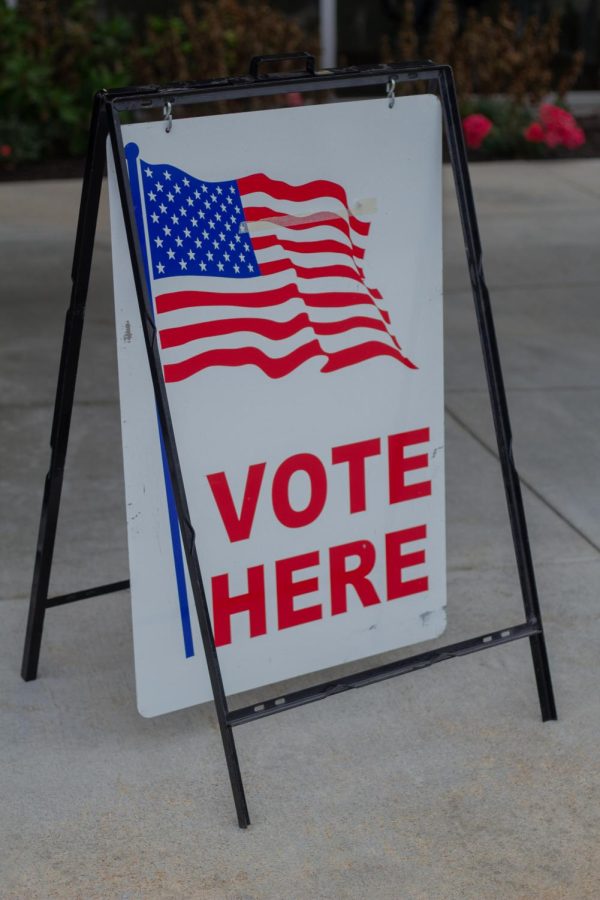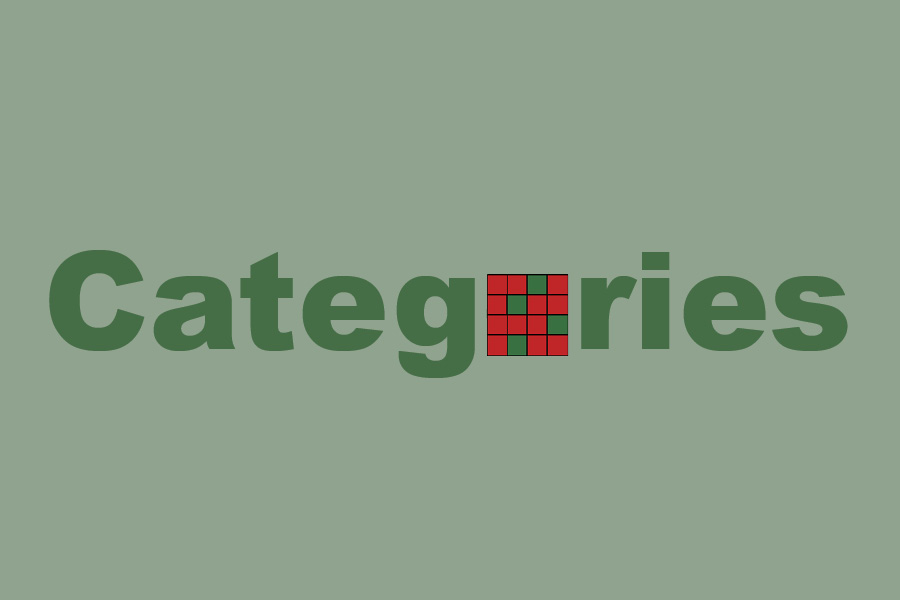NEWS BRIEF: Midterm Elections
Midterm elections take place Nov. 8 and results appear.
November 9, 2022
Yesterday, the Kansas midterms and Douglas County city commissioner election took place, with two constitutional amendments also on the ballot. .
For the City Commissioner election, all in-person ballots have been reported and advance voting ballots are still in process of being reported.
For the Douglas County City Commissioner race, Democrat Patrick Kelly is currently in the lead to retain his position on the district one seat, running against Libertarian Steve Jacobs and Republican Justin Spiehs. P. Kelly is also USD 497’s Chief Academic Officer.
The current election updates show that P. Kelly is currently leading at 80.35%, while Spiehs is at 15.41%, and Jacobs is at 3.99%
This means P. Kelly’s advocacy for unifying the community against local issues will remain standing, which include affordable housing options, solar energy development, criminal justice reform, and truancy prevention.
Additionally, the commission’s vote to expand from three to five districts passed with 61.1% of the vote, with hopes to increase representation in rural parts of Douglas County. The new district lines will be drawn by Jan. 1. Although it lowers the number of county citizens represented by each commissioner, opponents argued it would cost the county more money because each commissioner is paid about $40,000 annually. Two more commissioners will increase that expense.
Democratic Governor Laura Kelly will retain her spot for another term in a tight four way race against Republican Derek Schmidt, Independent candidate Dennis Pyle, and Libertarian Seth Cordell. L. Kelly beat Schmidt by a small margin, with L. Kelly securing 49% of the vote and Schmidt coming in at 47.5%.
Previously, L. Kelly advocated and established the Office of Rural Prosperity, reinvested in the arts and humanities, and reinstated LGBTQ protections to state employees. With her retention, she plans on continuing to advocate for lobbyist reforms, increased transparency, and lowered costs to Kansas open records access.
Last updated: 10:45 a.m.








